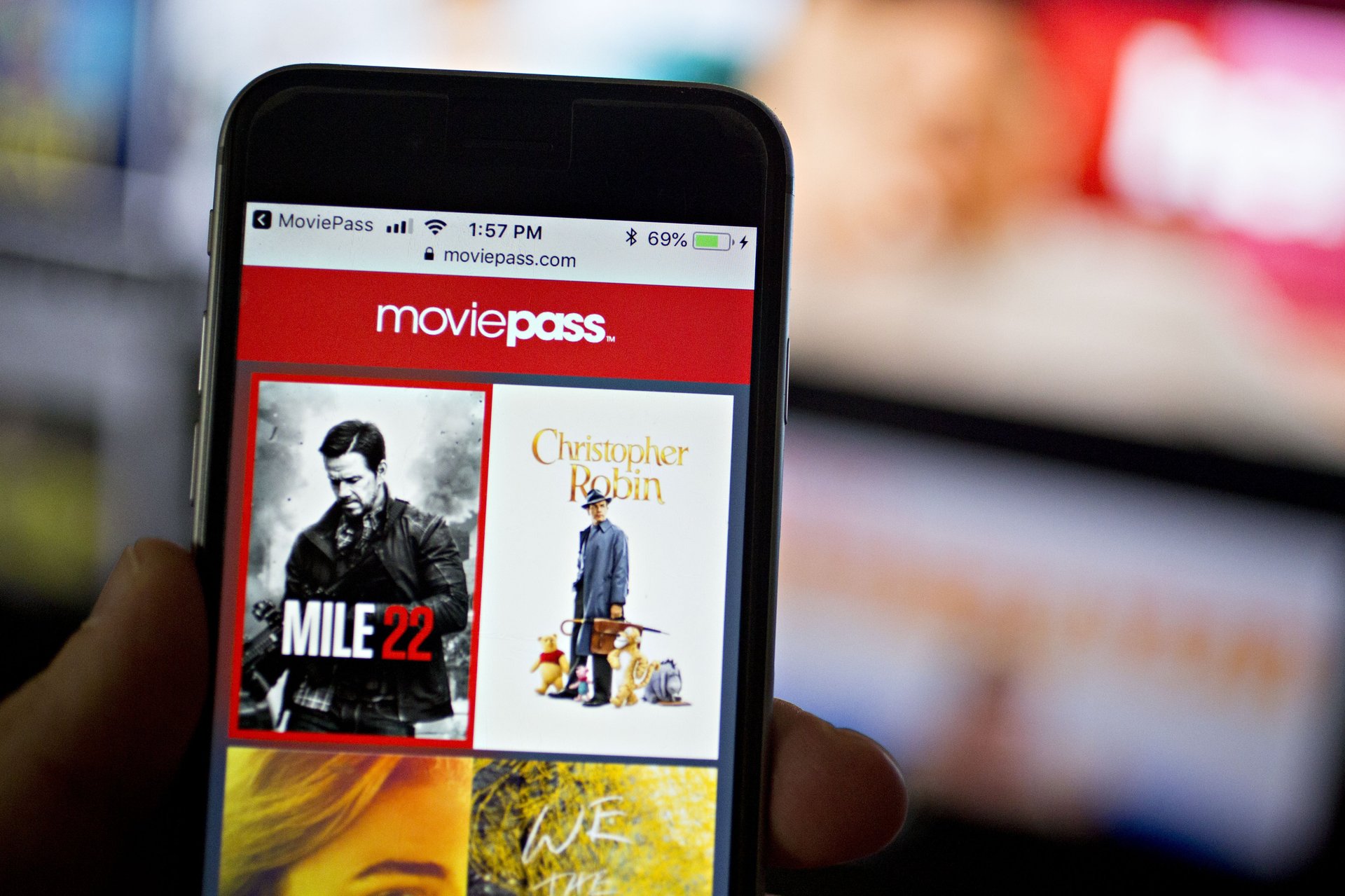MoviePass' former CEO just pleaded guilty to fraud over its 'unlimited' plan
Theodore Farnsworth admitted to securities fraud at both MoviePass and another failed venture

Former MoviePass CEO Theodore Farnsworth pleaded guilty to securities fraud after being accused of misleading investors about the ticketing service’s money-draining “unlimited” plan.
Suggested Reading
Federal prosecutors accused Farnsworth of attempting to defraud investors in MoviePass’s parent company, Helios & Matheson Analytics, and Vinco Ventures, a public company that promised to build a “virtual Hollywood” but crashed and burned. According to court records, Farnsworth tried to inflate Vinco’s stock price and took millions of dollars for personal use.
Related Content
That’s been something of a habit for Farnsworth, who is facing a maximum penalty of 25 years after pleading guilty on Tuesday.
According to Business Insider, Farnsworth has been involved with more than 20 different businesses over the last 20 years and led several public firms, each of which saw their stocks soar and eventually fall back to Earth. He’s been likened to P.T. Barnum, a notorious scammer brought back into the public eye through 2017's The Greatest Showman.
MoviePass’s claim to fame was its unlimited plan, which in 2017 was advertised as a way for consumers to watch one movie per day for just $9.95 a month. According to prosecutors, Farnsworth and then-MoviePass CEO J. Mitchell Lowe told investors that their plan was tested and sustainable. In reality, the plan was just a ploy designed to attract subscribers and investors.
“He concealed that MoviePass’ subscription model was a money-losing gimmick,” Brent S. Wible, the principal deputy assistant attorney general, said in a statement. He also noted Farnsworth’s false claims that Helios and Matheson used artificial intelligence to monetize the company’s subscriber data.
After the initial hype surrounding MoviePass wore off, its financial troubles became clear. Its plan was grounded in the belief that most subscribers would pay its monthly fee and not use the service, which required that MoviePass pay the full price of admission. By June 2018, it had reached 3 million subscribers and aimed for five million by the year’s end.
Between October 2017 and June 2018, Helios and Matheson burned about $27 million per month and $45 million per month in June and July, Quartz reported in 2018, as major blockbusters — including Incredibles 2 and Jurassic World: Fallen Kingdom — drained its coffers. It made various attempts to slow down users, including enforcing peak pricing and restricting multiple viewings, to little avail.
That July, the company ran out of money, temporarily shutting down MoviePass and forcing Helios and Matheson to take out a $5 million loan. It collapsed the following year, only to return in 2022 with a tiered, credit-based fee system and, notably, no unlimited option.